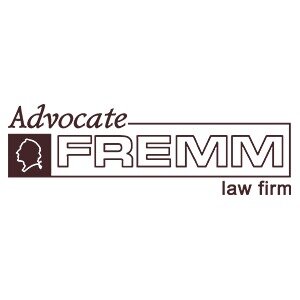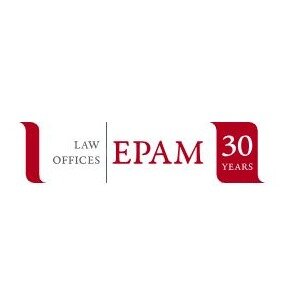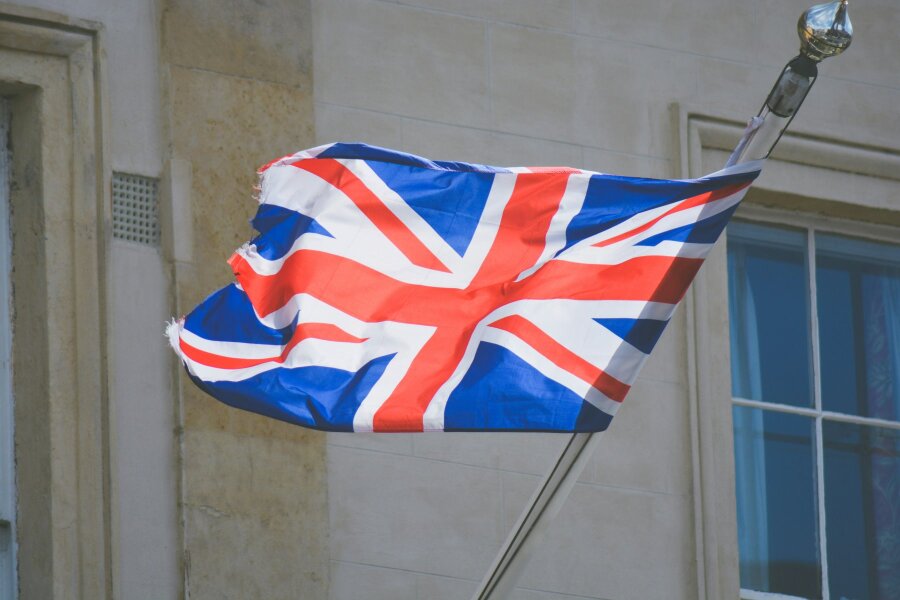
Best Trademark Lawyers in St Petersburg
Share your needs with us, get contacted by law firms.
Free. Takes 2 min.
List of the best lawyers in St Petersburg, Russia


EPAM Law Firm
About Trademark Law in St Petersburg, Russia
Trademark law in St. Petersburg falls under the broader jurisdiction of Russian federal law, as intellectual property rights, including trademarks, are governed at the federal level. Trademarks are regulated by the Civil Code of the Russian Federation, which provides protection for distinctive signs that are used to identify goods and services offered by legal entities or individuals. A registered trademark can include words, images, three-dimensional shapes, combinations of colors, or sounds, as long as they distinguish the goods and services of the trademark owner from those of others.
Why You May Need a Lawyer
Individuals or businesses may require legal help in trademarks for various reasons, such as:
- Registering a new trademark
- Ensuring a proposed trademark does not infringe upon existing trademarks
- Navigating complex filing procedures and responding to objections from the Russian Federal Service for Intellectual Property (Rospatent)
- Handling disputes, such as oppositions, cancellations, or trademark infringement cases
- Renewing or maintaining a trademark registration
- Understanding and enforcing trademark rights, licensing, or assignment agreements
Local Laws Overview
While trademarks in St. Petersburg are protected by federal law, there are several key aspects to consider:
- Trademark registration is based on the 'first-to-file' system, meaning that the first person to file a trademark application has the right to registration.
- The Civil Code prohibits the registration of trademarks that are identical or confusingly similar to existing trademarks.
- Unregistered trademarks may still have protection under Russian law if they have acquired distinctiveness through extensive use.
- The use of a trademark without the owner's consent can be classified as infringement and can lead to legal action.
- Trademark registrations are valid for ten years from the filing date and can be renewed indefinitely in subsequent ten-year terms.
Frequently Asked Questions
How do I register a trademark in St. Petersburg, Russia?
To register a trademark, you must file an application with Rospatent, including a representation of the trademark, a list of goods and services classified according to the Nice Classification, and payment of the required fees.
Can foreign nationals register a trademark in Russia?
Yes, foreign nationals can register trademarks in Russia but typically must do so through a local attorney or trademark agent.
What is the timeframe for trademark registration in Russia?
The trademark registration process usually takes about 12-18 months, provided there are no objections or oppositions.
Is it mandatory to use my trademark after registration?
Trademark owners are encouraged to use their trademarks within three years of registration, as non-use for a continuous period of three years can be grounds for cancellation at the request of a third party.
How do I enforce my trademark rights in case of infringement?
In the event of infringement, the trademark owner can seek legal remedies which could include sending a cease and desist letter, filing a lawsuit, and seeking monetary compensation or injunctions against the infringer.
Can I sell or license my registered trademark?
Yes, registered trademarks can be sold or licensed to others. Such agreements must be registered with Rospatent to be effective against third parties.
How can I challenge someone else’s trademark application?
The public has the opportunity to review and oppose trademark applications during the publication period. Oppositions must be filed within a specified time frame.
Are there any non-traditional trademarks that can be registered in Russia?
Yes, non-traditional trademarks like sounds, colors, and three-dimensional shapes can be registered, provided they meet the necessary criteria for distinctiveness and registrability.
What should I do if my trademark application is rejected?
If your application is rejected, you can respond to the objections or appeal the decision within the time limits set by law.
Do I need a local representative to handle my trademark affairs in Russia?
For foreign applicants without a residence or establishment in Russia, it is required to act through a registered Russian trademark attorney.
Additional Resources
For legal advice and assistance with trademarks, the following bodies and organizations in Russia might be helpful:
- Rospatent - The Russian Federal Service for Intellectual Property
- Chamber of Patent Attorneys - Provides a database of registered patent attorneys in Russia
- Russian Intellectual Property Court - Specialized court for intellectual property litigation
- World Intellectual Property Organization (WIPO) - Offers international registration of trademarks through the Madrid System, which includes Russia
Next Steps
If you require legal assistance with a trademark matter in St. Petersburg, Russia, it is advisable to:
- Research and select a qualified trademark attorney or legal firm specializing in intellectual property law.
- Prepare all necessary information and documents related to your trademark, including the intended use, representation of the mark, and identification of goods and services.
- Schedule a consultation to discuss your case and determine the strategy for trademark registration, enforcement, or litigation.
- Follow the legal advice and steps outlined by your attorney to protect your trademark rights in Russia.
The information provided on this page is intended for informational purposes only and should not be construed as legal advice. While we strive to present accurate and up-to-date information, we cannot guarantee the accuracy, completeness, or currentness of the content. Laws and regulations can change frequently, and interpretations of the law can vary. Therefore, you should consult with qualified legal professionals for specific advice tailored to your situation. We disclaim all liability for actions you take or fail to take based on any content on this page. If you find any information to be incorrect or outdated, please contact us, and we will make efforts to rectify it.


